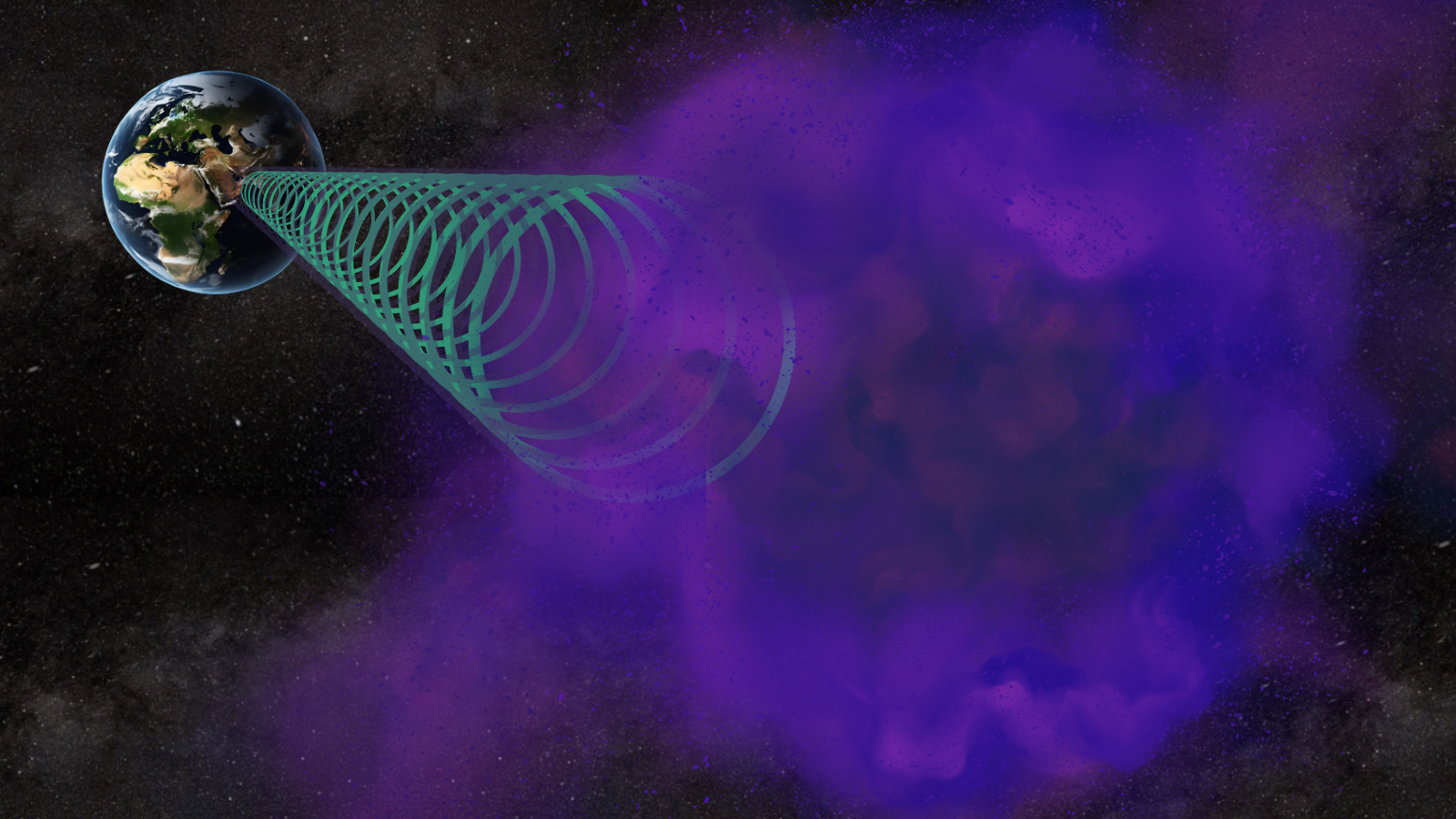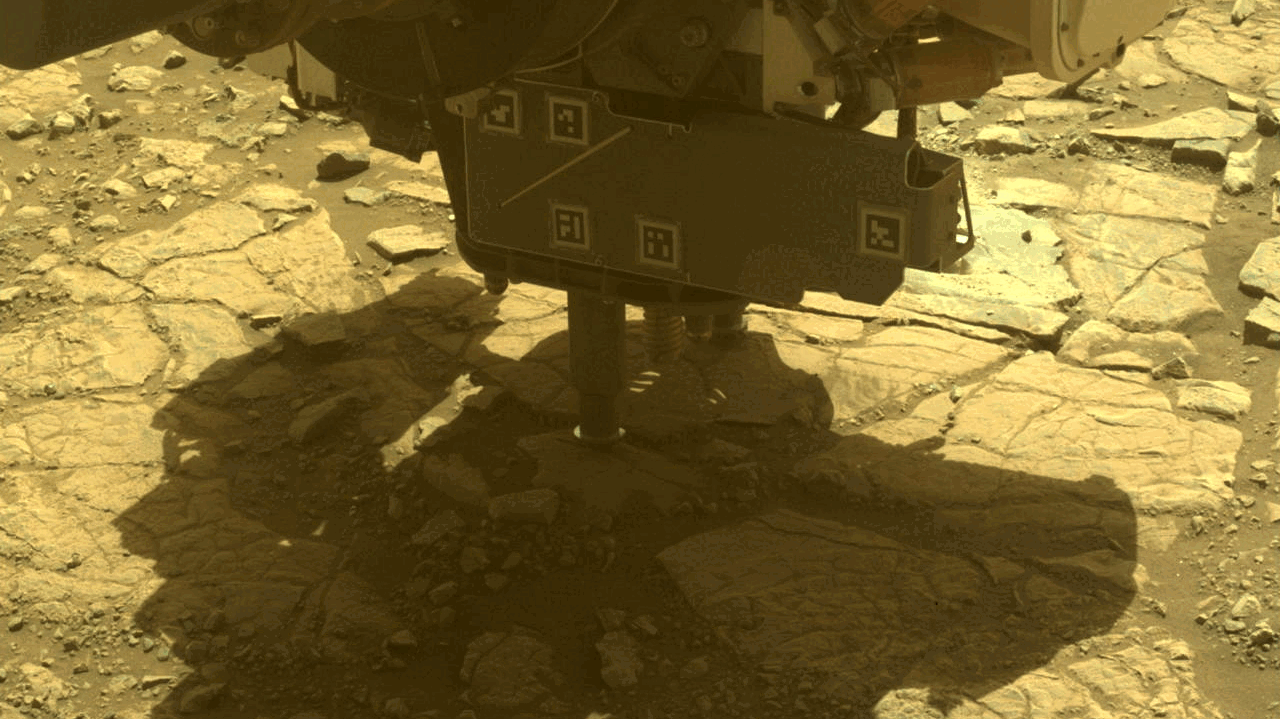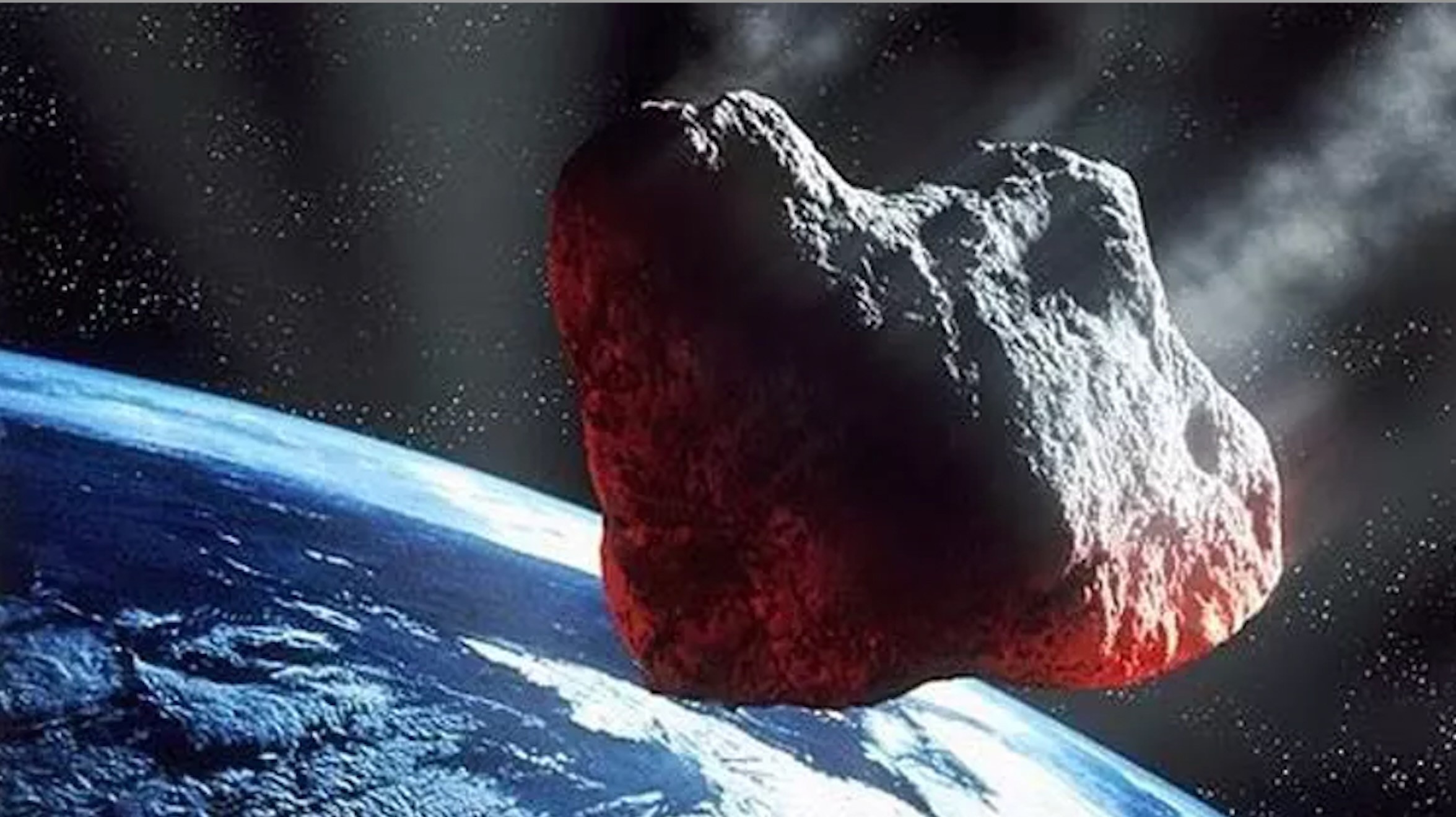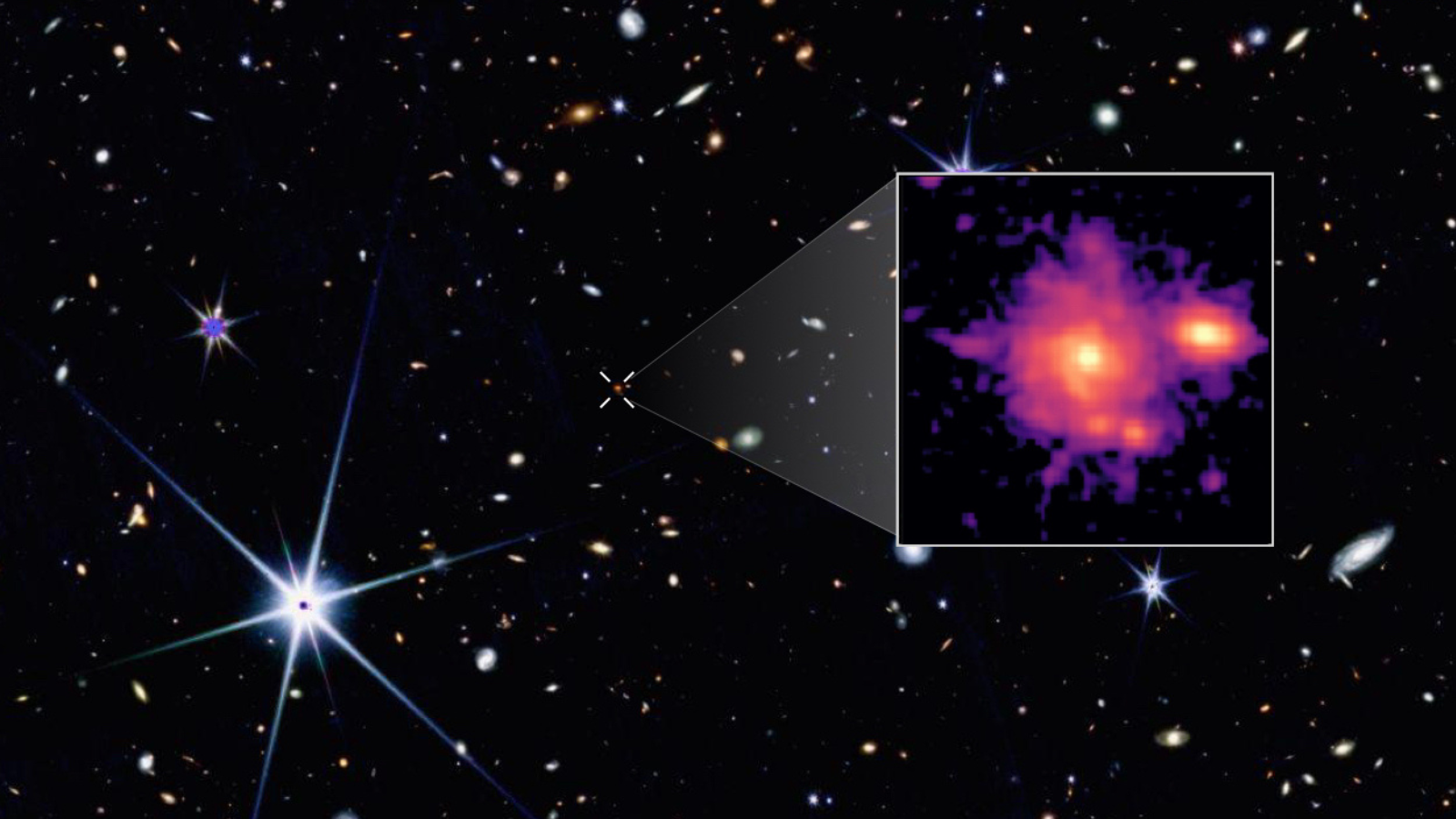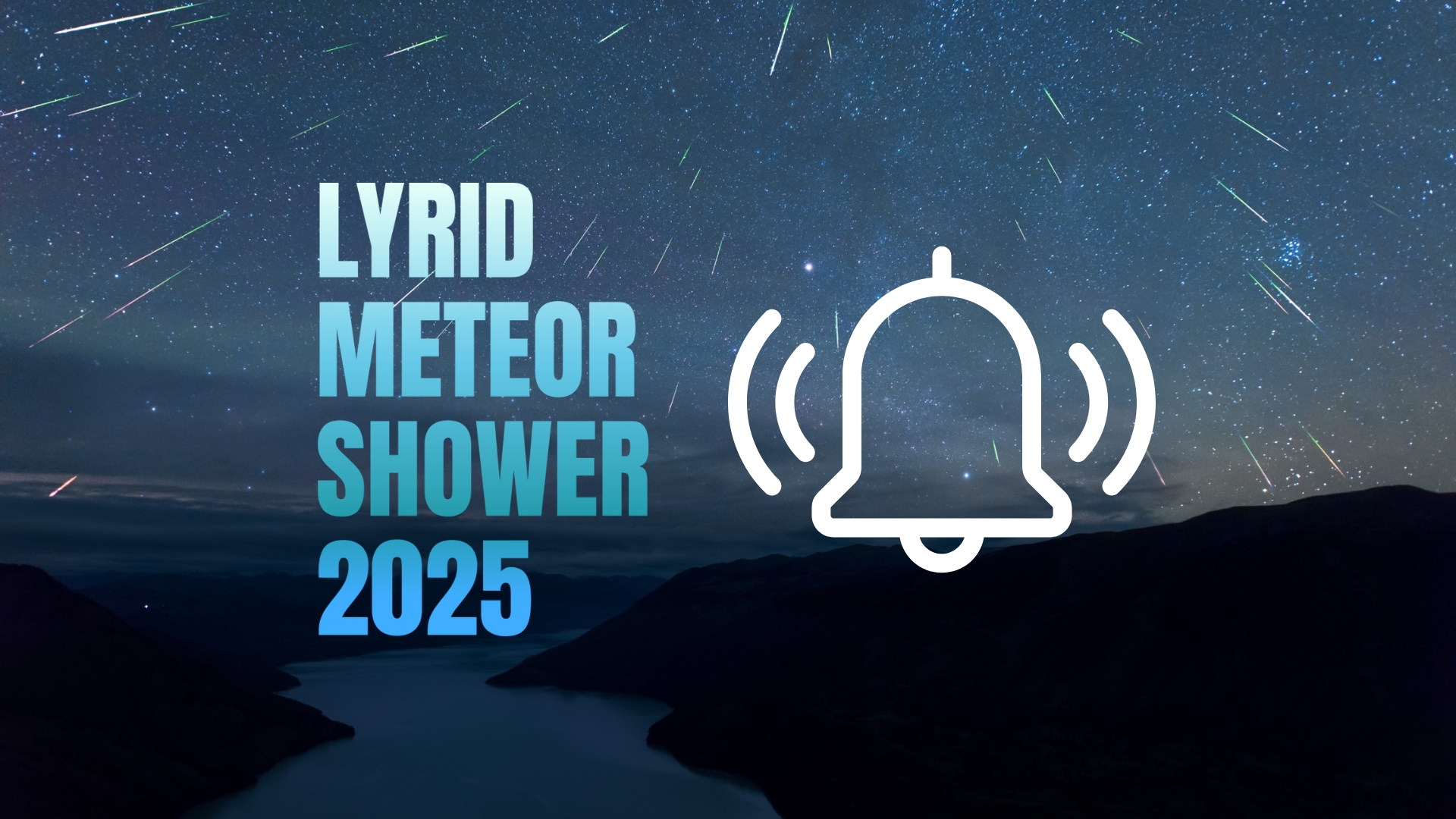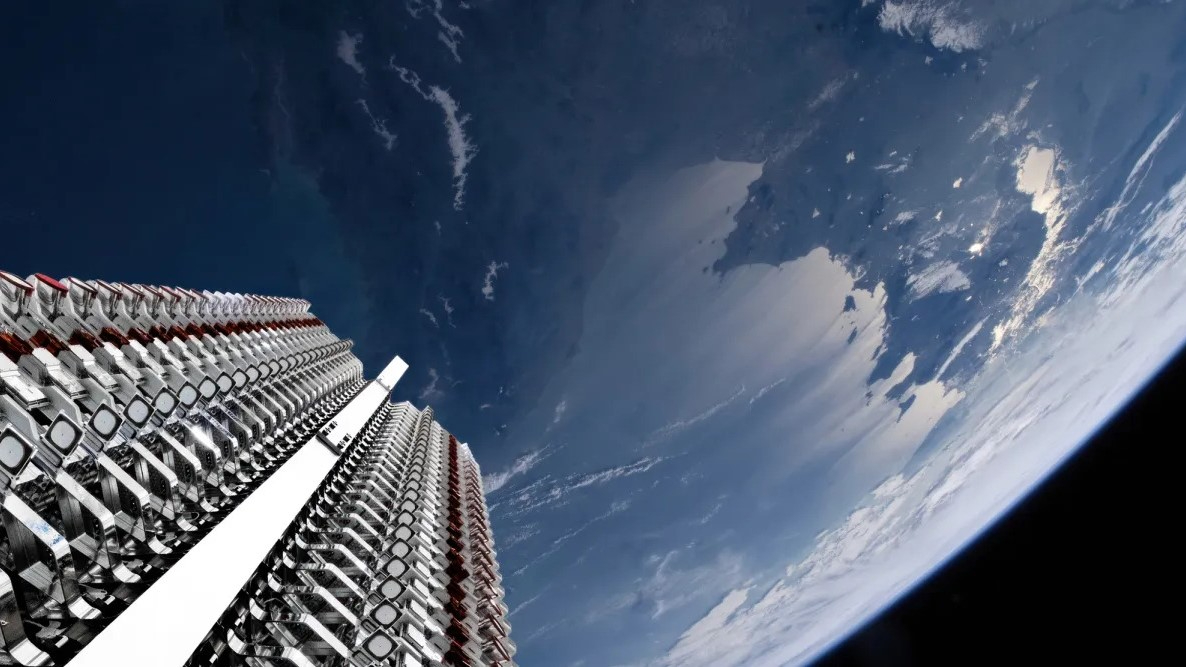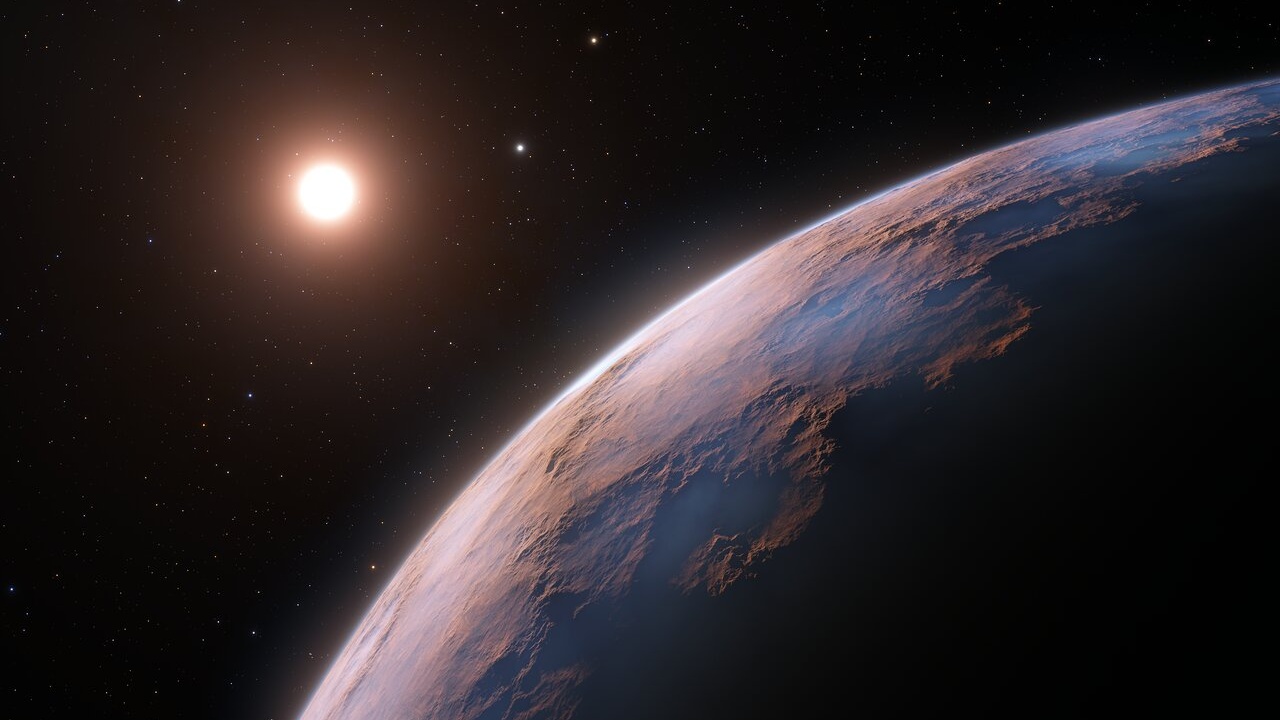'We choose to go to the moon...' again: NASA marks 60th anniversary of JFK speech
'Seven famous words ... carried across this stadium and across the country: We choose to go to the moon.'
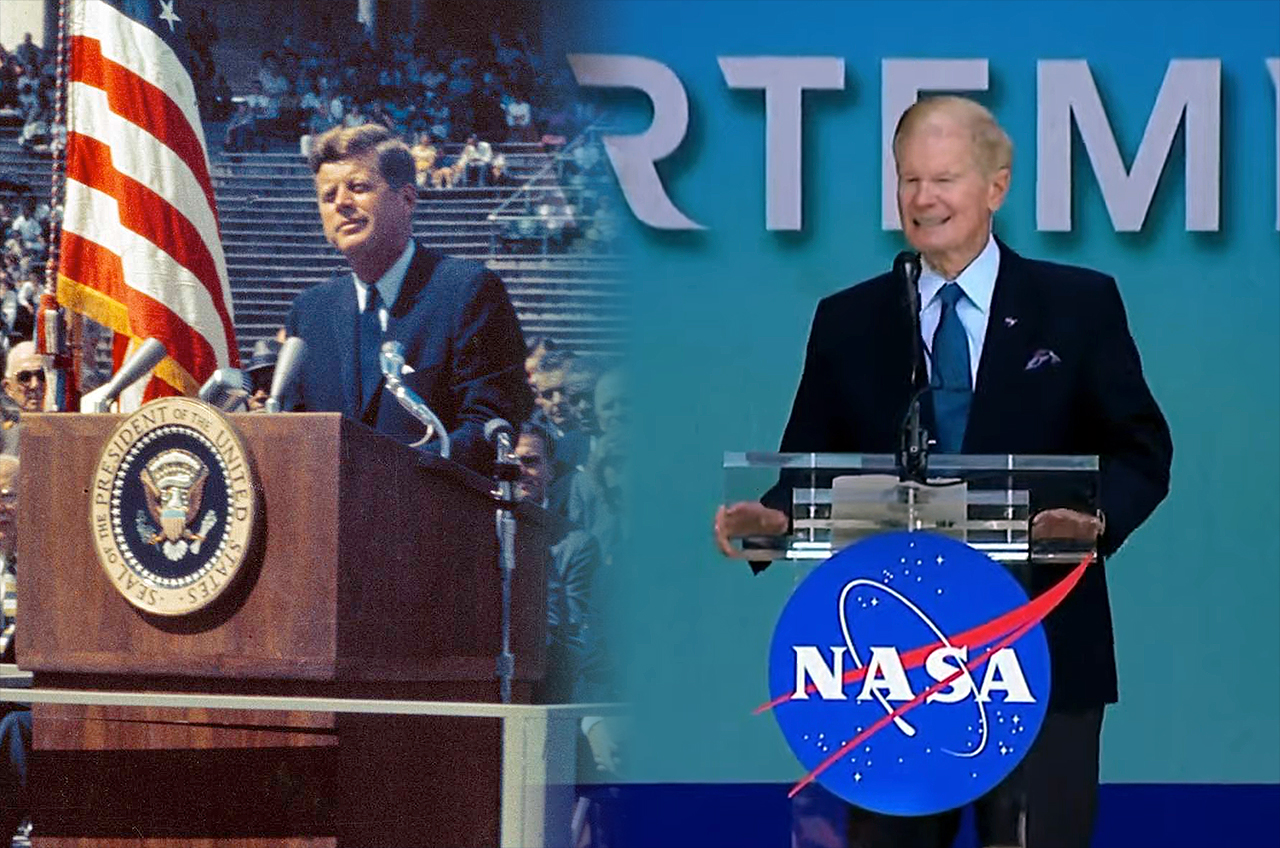
As NASA once again prepares to set sail "on the most hazardous and dangerous and greatest adventure" on which humanity has ever embarked, the space agency's leaders returned to the site where 60 years ago, to the day, President John F. Kennedy reconfirmed that "we choose to go to the moon."
NASA Administrator Bill Nelson joined other program officials at Rice University in Houston on Monday (Sept. 12) to mark the 60th anniversary of Kennedy's speech, which rallied the nation to land astronauts on the moon. Kennedy first set the goal during an address to Congress in May 1961 and, with the speech at Rice, it led to the six Apollo lunar landing missions between 1969 and 1972.
"Throughout America's story, there are defining days. Days when minds change, hearts fill and imaginations soar. Days when visions transformed the trajectory of the American story, which is our story, and one of those days happened 60 years ago," said Nelson, addressing an audience of invited guests, NASA alumni and thousands of Houston-area students at Rice Stadium. "On that day 60 years ago, seven famous words that you've heard repeated carried across this stadium and across the country: We choose to go to the moon."
"The space program [was] propelled to the forefront of culture and consciousness. It galvanized a historic effort that we are now the stewards of," he said.
Related: NASA's Apollo moon missions in pictures
While looking back, Nelson also drew parallels to the challenges NASA now faces as it nears the launch of the Artemis 1 mission, an uncrewed test flight that is intended to clear the way for sending a new generation of astronauts to circle the moon and land at the lunar south pole.
"Now the Artemis generation is about to leave quite a mark," said Nelson. "This generation — all of you, students from all over America, students throughout the world — this generation will choose to go to Mars, and that journey begins right now with humanity's return to the moon."
Get the Space.com Newsletter
Breaking space news, the latest updates on rocket launches, skywatching events and more!
"Obviously, we had all hoped that Artemis 1 would already be on the way to the moon," he said. "But the NASA team has been working around the clock, and their resolve and perseverance are unrivaled. I have full faith in this team and the mission. We will launch when we are ready, but mark my words: We are going."
Joining Nelson for the commemoration was NASA associate administrator Bob Cabana, Johnson Space Center director Vanessa Wyche, astronauts Shannon Walker and Jean-Loup Chrétien, Rice University president Reggie DesRoches and Houston's youth poet laureate Avalon Hogans. David Alexander, the director of the Rice Space Institute, served as the master of ceremonies.
Related: President John F. Kennedy's NASA legacy
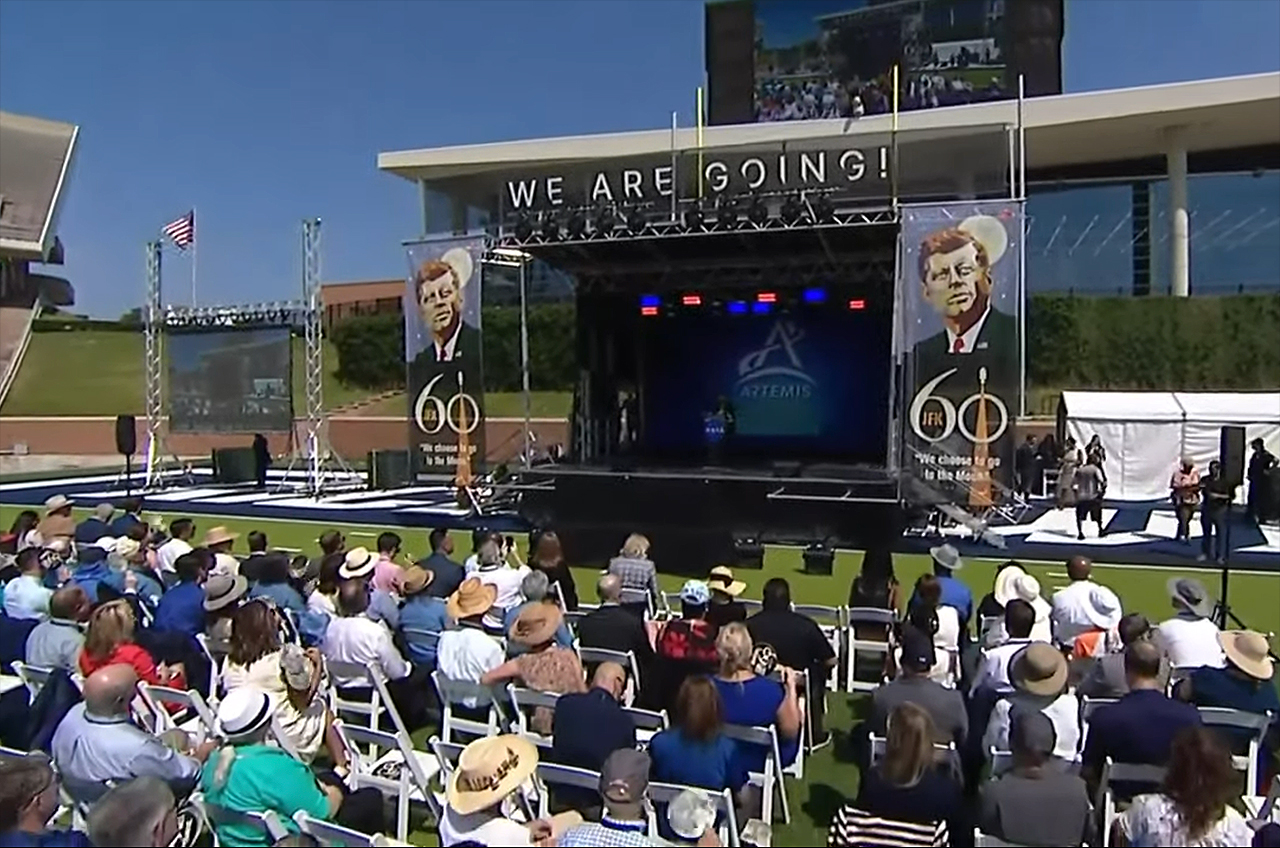
"Today is a day to reflect on how far we have come and to reaffirm our commitment to the exploration of space for the benefit of all," said Kjell Lindgren, who with his Expedition 67 crewmates joined the celebration through a video sent down from the International Space Station. "The Apollo program was an awe-inspiring example of what we are capable of when we commit our talents and resources to a complex goal. We are proud to continue that bold tradition today. "
Congress members Eddie Bernice Johnson, Brian Babin, Al Green, Sylvia Garcia and Lizzie Fletcher, as well as Houston Mayor Sylvester Turner, also attended and spoke at the event. Texas Senators John Cornyn and Ted Cruz delivered recorded remarks by video.
Leading up to and through Monday's event, NASA and a number of its industry partners set up exhibits at Rice to showcase the state of space exploration six decades after JFK's speech. Among the companies that took part were Ad Astra Rocket, Axiom Space, Boeing, Collins Aerospace, Intuitive Machines and Jacobs.
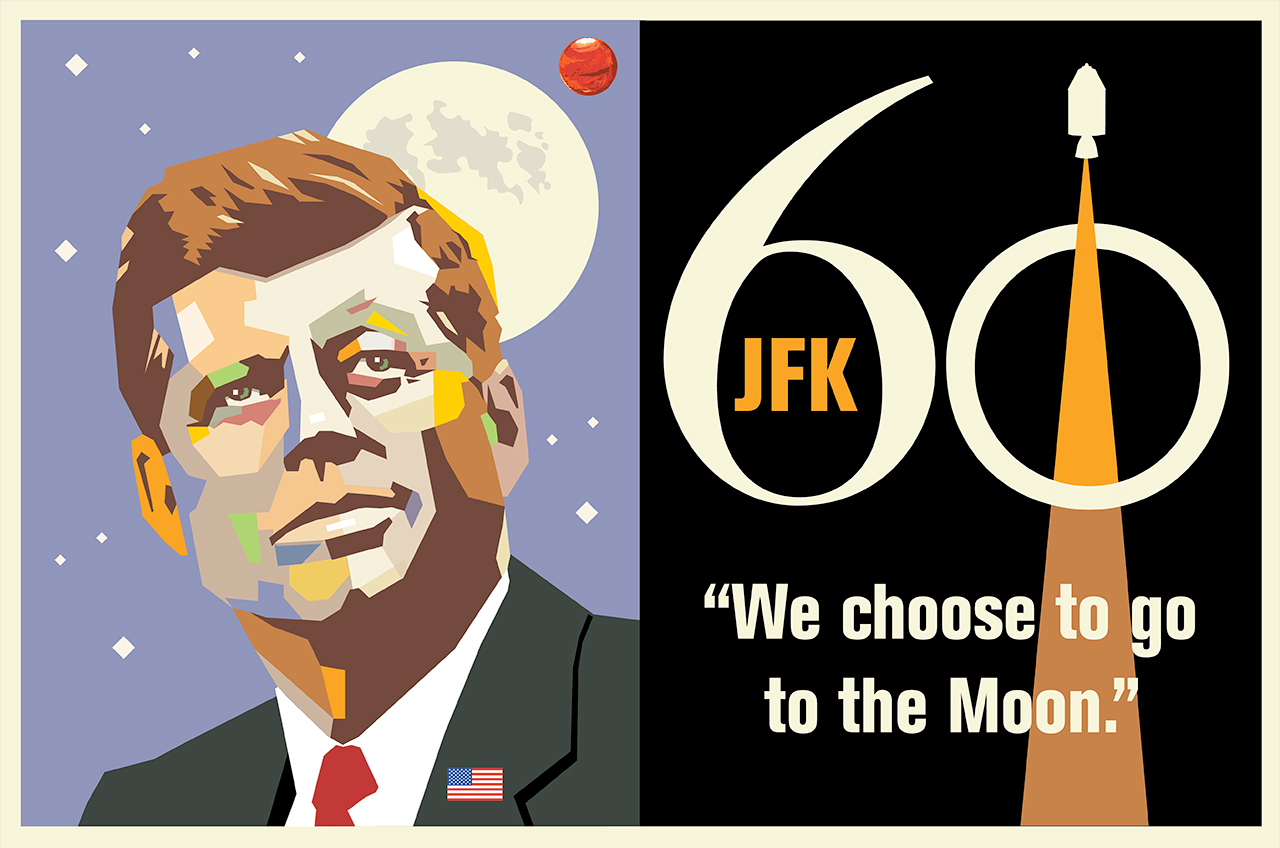
In addition to spurring on the space race with the former Soviet Union, JFK's speech prompted Rice University to form a dedicated space science department, the first in any academic institution.
"With seven words, 'we choose to go to the moon,' President Kennedy changed the course of human history and cemented Rice University's place in the lore of America's space program," said DesRoches. "By the time Apollo 11 landed, several dozen graduate students and countless undergraduates had helped build instruments that made historic breakthroughs and remain on the surface of the moon today."
Rice University's football team, the Owls, commemorated the anniversary with a special uniform at its opening home game on Saturday. Created in partnership with NASA and Adidas, the uniform featured excerpts of JFK's "We Choose to Go" speech on its shoulder and a custom Rice space logo that represented the flight path from Earth to space. (Rice won the game, beating McNeese State 52-10.)
Follow collectSPACE.com on Facebook and on Twitter at @collectSPACE. Copyright 2022 collectSPACE.com. All rights reserved.
Join our Space Forums to keep talking space on the latest missions, night sky and more! And if you have a news tip, correction or comment, let us know at: community@space.com.

Robert Pearlman is a space historian, journalist and the founder and editor of collectSPACE.com, a daily news publication and community devoted to space history with a particular focus on how and where space exploration intersects with pop culture. Pearlman is also a contributing writer for Space.com and co-author of "Space Stations: The Art, Science, and Reality of Working in Space” published by Smithsonian Books in 2018.In 2009, he was inducted into the U.S. Space Camp Hall of Fame in Huntsville, Alabama. In 2021, he was honored by the American Astronautical Society with the Ordway Award for Sustained Excellence in Spaceflight History. In 2023, the National Space Club Florida Committee recognized Pearlman with the Kolcum News and Communications Award for excellence in telling the space story along the Space Coast and throughout the world.

